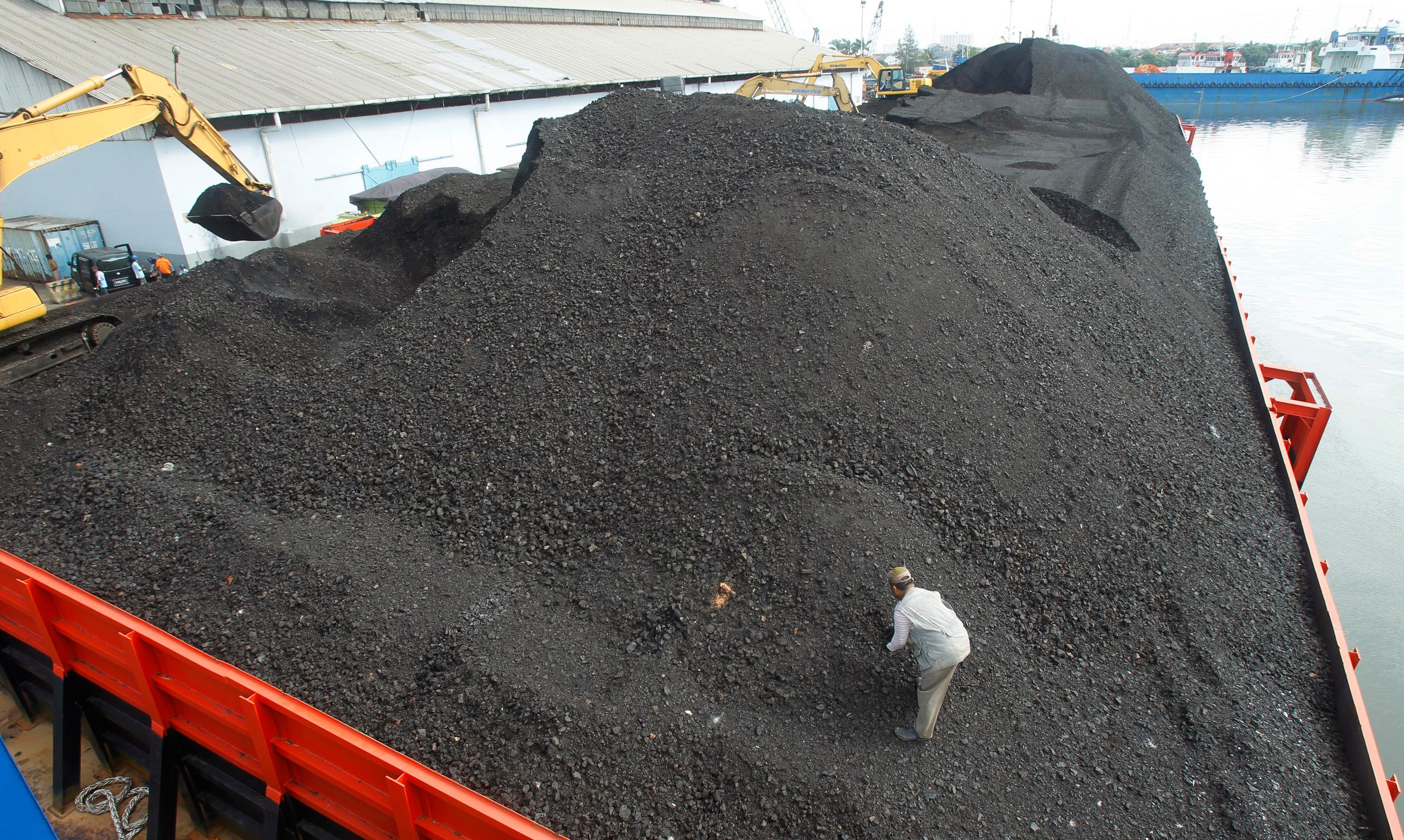
Swiss publish human rights guidelines for commodity sector

The Swiss government has published human rights guidelines - claimed to be the first of its kind - for firms operating in the commodity sector.
The documentExternal link entitled “Guidance on Implementing the UN Guiding Principles on Business and Human Rights” was released on Wednesday at the 7th UN Forum on Business and Human Rights in Geneva.
It calls on companies involved in the commodities sector to be mindful of their impact on human and social rights, which includes safety of workers, the impact of mining on local communities and doing business in countries “where governance is weak”.
The report states that firms should conduct proper due diligence of their impact around the world, develop policies that clearly state their commitment to human rights, review existing business relationships and take steps to mitigate harmful impacts of their activities.
The guidelines stop short of saying how any company should carry out these recommendations. This is the second government statement on the commodities sector in five years – both of which have issued voluntary guidelines.
The Swiss commodities trading sector has developed into a significant global hub for the movement of oil, metals, grains and other commodities. It has also attracted criticism for the way it operates in developing economies.
“Promoting responsible practices”
A joint initiative by the Federal Department of Foreign Affairs (FDFA) and the State Secretariat for Economic Affairs (SECO), the latest report also has inputs from a public consultation with commodity firms, NGOs, and the Geneva government. It is based on existing material like the OECD Guidelines for Multinational Enterprises and the UN Guiding Principles on Business and Human Rights and contains case studies designed to help companies implement due diligence processes.
“It [the guidelines] has greatly helped to promote a common understanding of responsible business conduct among all key actors in Switzerland and we strongly believe it will contribute to further promoting responsible practices of the commodity trading sector in Switzerland and beyond,” says the foreword.
“This new Guide addresses one of the priority demands of companies in the area of human rights compliance via practical examples of the expectations of the UN Guiding Principles,” said the Swiss Trading & Shipping Association.
However, the guidelines are not legally binding and are only meant to serve as a tool for companies that do not wish to fall foul of regulations. The voluntary nature of the guidelines was criticised by the Swiss NGO Public Eye, that participated in the consultation process. Public Eyes states that the commodity sector was “more interested in burnishing its image than tackling the problems” and is relying on the Responsible Business Initiative to ensure compliance from companies.

More
Heat is on for Swiss commodities sector

In compliance with the JTI standards
More: SWI swissinfo.ch certified by the Journalism Trust Initiative





























You can find an overview of ongoing debates with our journalists here . Please join us!
If you want to start a conversation about a topic raised in this article or want to report factual errors, email us at english@swissinfo.ch.